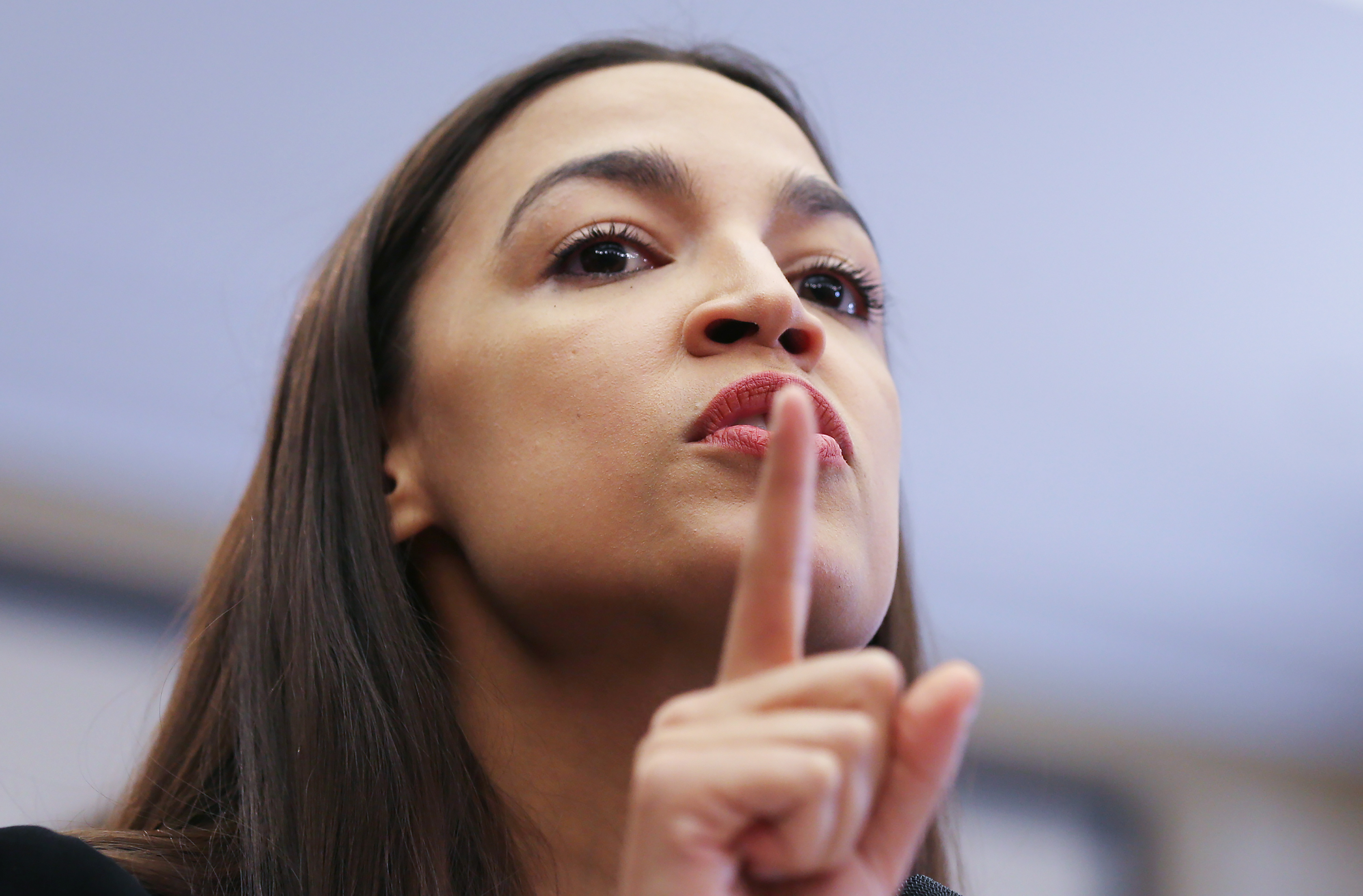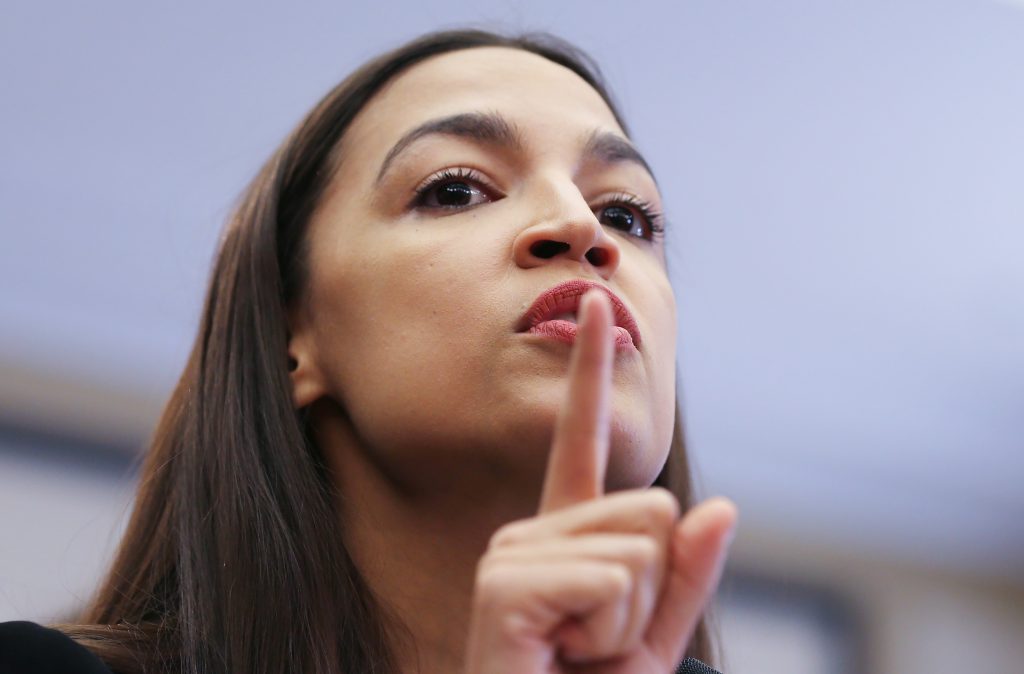On March 11, the World Health Organization deemed the coronavirus a pandemic. The 24-hours that followed have been particularly concerning for the elderly, ill and unemployed members of our community.
“Our country is at a severe disadvantage compared to every other country on earth,” Senator Bernie Sanders said in his address this afternoon, due to the fact that at least 27 million Americans are uninsured and countless others are under-insured.
The presidential hopeful echoed a lot of what Alexandria Ocasio-Cortez (AOC) said just minutes prior via Instagram Live. “We are at a standstill,” a calm but distressed AOC said to the camera.
According to the Bronx-native, Congress was due to head to their respective districts to help coordinate emergency response at the local level today. Instead, they are at a standstill due to partisan interests in the middle of the crisis.
“Republicans blocked a paid sick leave bill yesterday in the Senate and they are currently blocking the relief bill today,” she explained.
“We need to listen to the medical folks… not the politicians,” Sanders uttered minutes later. “In this moment, we need to make sure that in the future—after this crisis is behind us—we build a system that ensures every person in the system is guaranteed the healthcare that they need.”
If that was unclear to anyone before this moment, it should not be now.
“Everyone in our country—regardless of income or where they live—must be able to get all of the healthcare they need, without cost,” he explained, sending an all but-subtle message to the GOP.
In AOC’s address, the NY-14 representative urged constituents to self-isolate, avoid large gatherings (an easy step for New Yorkers after Governor Cuomo’s decision to prohibit them) and generally practice social distancing. More than it being an individual risk, exposure (even when one feels completely healthy) poses a systemic risk, she explained.
Congress would do their part to push the bills forward, AOC assured, but she also asks that we do ours. “Focused city and state organizing,” online and in the form of petitions are a couple of things that have proven to be effective. In Miami-Dade, police reportedly put a halt on evictions during the emergency.
Below are steps AOC believes the government should take immediately. Not as a be-all and end-all, but as first steps.
“All of these proposals with the exception of tax cuts are first steps, but we really need to be considering much larger actions,” she said in reference to the package U.S. House Speaker Nancy Pelosi presented this week.
"Medicare and Medicaid for all."
Everyone. Both those who are not insured and under-insured.
"Address a lot of the financial instability."
This encompasses a plethora of issues that will likely not reveal themselves until well after the storm has passed. As a former restaurant worker, AOC used those who depend on tips as an example. With most people complying with self-isolation demands, people who don’t have the luxury of working remotely will be greatly affected.
Halts on debt-collection and evictions are a good first step, she believes. That includes a pause on the collection of student loan payments.
"Care and supplies for our most vulnerable populations."
That includes the elderly and incarcerated folks, who she explains don’t have access to hand sanitizer despite being used as labor to make it.
"Reducing and ending immigration detention."
“These are facilities that are keeping people crammed up like sardines—often folks who have not been found guilty of a crime. It could potentially exacerbate into a much larger-scale, public health situation.”




